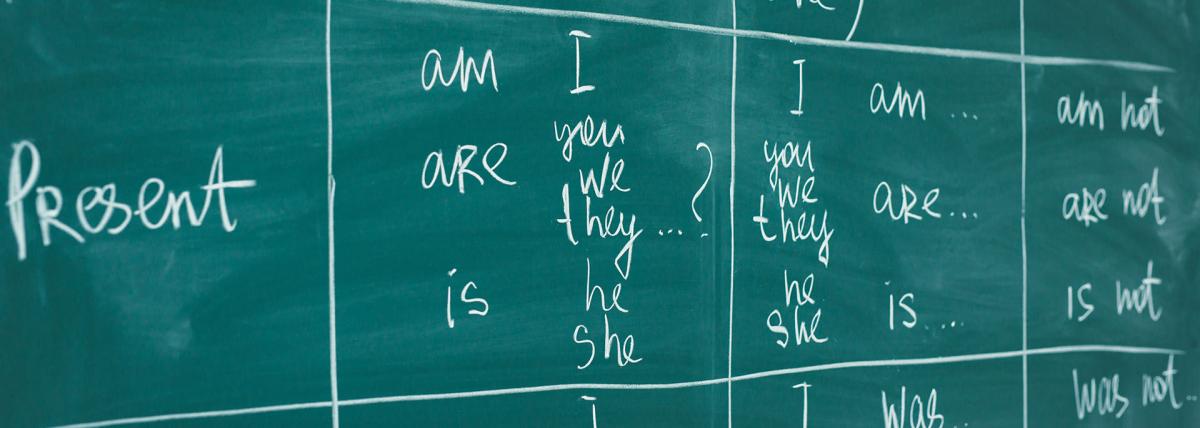
Cracking the Code: DNA Detectives Unravel Life's Family Tree
by Michael Angelo De La Cruz
In this engaging lesson, students will delve into the fascinating world of phylogenetics, using the DNA sequences and genetic information of their selected organisms to construct an automated phylogenetic tree. Through this hands-on activity, they will discover that evolutionary relationships are not solely determined by physical characteristics but are deeply rooted in the intricate patterns of genetic code. By analyzing the DNA sequences, students will unravel the hidden stories encoded within the genomes, revealing the intricate web of shared ancestry and divergence among different species. They will gain a profound understanding of how even the slightest variations in genetic information can shape the evolutionary trajectories of organisms, leading to the vast diversity we observe in the natural world.
Lesson Plan Link/URL
https://docs.google.com/presentation/d/1TX3kwz0wQtLjbn62wAhDUsiDSqo15MVM/edit?u…Subject Area
Science Life Science L4: Evolution Technology 1. Empowered Learner 2. Digital Citizen English Language Arts (ELA) Speaking & Listening
Featured
Off
Related Content

Grades:
9th Grade, 10th Grade, 11th Grade, 12th Grade
Students will develop a deep understanding about environmental sustainability while creating an implementation plan for a UN sustainability goal. This lesson focuses on science and technology, with

Grades:
3rd Grade, 4th Grade
In this unit, students will identify what a shelter is and why we need it. Students will identify the different types of shelters and materials needed depending on climate and their surroundings

Grades:
4th Grade, 5th Grade, 6th Grade, 7th Grade, 8th Grade, 9th Grade, 10th Grade, 11th Grade, 12th Grade
The Micro:bit prototyping academy is designed to teach students the basic commands and features in order to innovate their own device. They will learn the input commands, variables and conditional